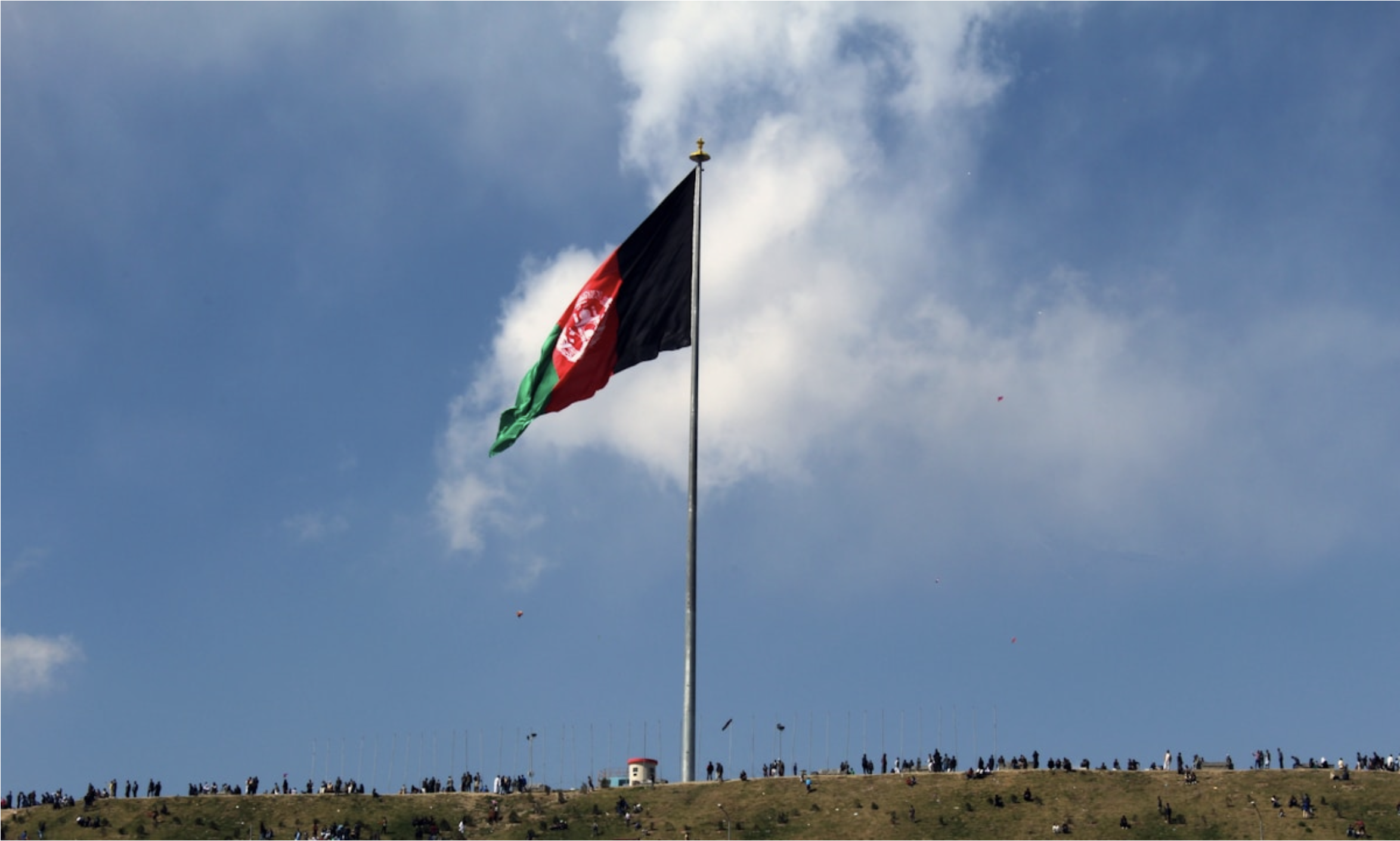
Political Risk, Week in Review
The impact of war on Israel’s economy
The Israel-Hamas war appears to be no closer to ending more than one year after it began. Israel has intensified its military actions since the Hamas’ attack on Oct. 7, 2023. Hamas confirmed on Friday that its leader, Yahya Sinwar, was killed by Israeli forces in Gaza.

The Israel-Hamas war appears to be no closer to ending more than one year after it began. Israel has intensified its military actions since the Hamas’ attack on Oct. 7, 2023. Hamas confirmed on Friday that its leader, Yahya Sinwar, was killed by Israeli forces in Gaza.
Sinwar’s death could be a turning point in the war, either creating an opportunity to resume negotiations and establish a ceasefire in Gaza or further escalating tensions.
Why it matters: Ongoing conflict may result in a worsening economy for Israel and other countries in the Middle East. Israel’s economy is slowing due rising inflation and potential interest rate hikes on the horizon after the rates remained unchanged for six consecutive meetings.
What they’re saying: “If recent escalations turn into a longer and more intense war, this will take a heavier toll on economic activity and growth (in Israel),” Karnit Flug, a former governor of Israel’s central bank, told CNN on Oct. 1.
On Oct. 9, the Bank of Israel lowered its economic growth estimate in 2024 to 0.5% from 1.5%. Gross domestic product (GDP) rose by an annualized 0.3% in the second quarter, down from 0.7% reported a month ago and from an initial 1.2% published in August, according to the Central Bureau of Statistics.
The figure is far below economists’ expectations, which ranged from 2.3% to 5% for the quarter. “The economy was supported by gains in consumer and state spending and in investment in fixed assets, while exports fell during the April to June period,” reads a Times of Israel article.
Israel’s annual inflation rate rose to 3.6% in August from 3.2% in the previous month, moving further above the government’s 1%-3% target range after falling as low as 2.5% in February.
Policymakers claimed that rising inflation stemmed from supply constraints related to the war with Hamas in Gaza and accelerating fighting with Hezbollah in Lebanon, Reuters reported.
What’s next: The Bank of Israel estimated in May that costs arising from the war would total 250 billion shekels ($66 billion) through the end of next year. This includes military outlays and civilian expenses, such as on housing for thousands of Israelis forced to flee their homes in the north and south. That is equivalent to roughly 12% of Israel’s GDP, per CNN.
By the numbers: Customers in Israel have averaged 16 days beyond terms in August, up from 11 days in February, with 29% saying payment delays are increasing, per the FCIB Credit and Collections Survey. 33% of credit managers say the Israel-Hamas war has impacted payments.
The bottom line: The ongoing Israel-Hamas conflict, marked by intensified military actions and the death of Hamas leader Yahya Sinwar, threatens to further destabilize Israel’s economy, with rising inflation, lowered growth estimates and increased military expenses.





